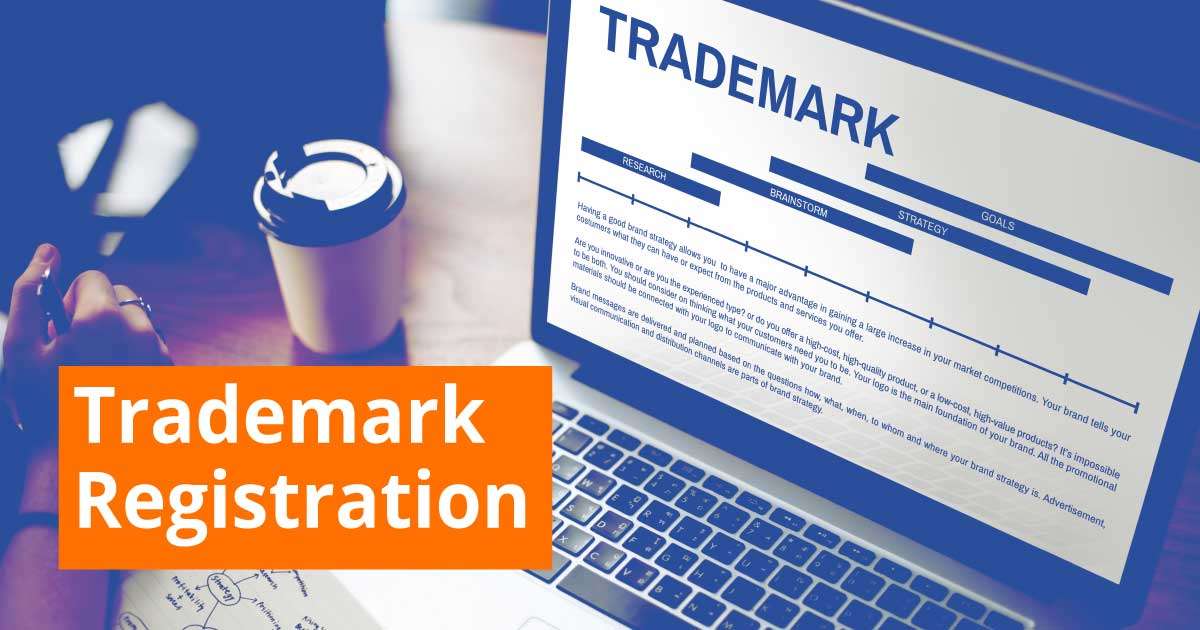
TradeMark Registration in Hyderabad
Description: Discover the importance of trademark registration in India and how it safeguards your brand identity. This comprehensive guide explains the process of trademark registration, its benefits, and the steps involved in securing your valuable intellectual property rights.
Introduction:
In a competitive business landscape, building a strong brand identity is crucial for success. One way to protect your brand is through trademark registration. In India, the process of trademark registration provides legal protection for your brand name, logo, or any unique mark associated with your business. This SEO-optimized content explores the significance of trademark registration in India, its benefits, and the step-by-step process to secure your brand’s intellectual property rights.
1. Importance of Trademark Registration:
Trademark registration offers several key advantages, including:
a) Legal Protection: Registering your trademark provides exclusive rights and legal protection against unauthorized use, imitation, or infringement by others.
b) Brand Recognition: A registered trademark distinguishes your products or services from competitors, enhancing brand visibility and recognition among consumers.
c) Business Asset: A registered trademark becomes a valuable business asset, adding value to your brand and allowing you to license or franchise it in the future.
d) Enforcement: Trademark registration empowers you to take legal action against infringers and seek appropriate remedies, including damages and injunctions.
2. Trademark Registration Process:
a) Trademark Search: Conduct a comprehensive search to ensure your proposed trademark is unique and not similar to existing registered trademarks.
b) Application Filing: File an application with the Trademark Office, providing all the necessary information, including details of the mark, its usage, and the class of goods or services.
c) Examination and Publication: The Trademark Office examines the application for compliance with legal requirements. Upon acceptance, the mark is published in the Trademark Journal for public scrutiny and opposition (if any).
d) Opposition Proceedings: If there are no objections or oppositions within the specified period, the trademark proceeds to registration. However, if any objections are raised, the parties involved engage in opposition proceedings.
e) Registration and Certificate: Upon successful completion of the registration process, the trademark is officially registered, and a certificate of registration is issued.
3. Benefits of Trademark Registration:
a) Exclusive Rights: Trademark registration grants you exclusive rights to use the mark for the registered goods or services, providing a competitive edge in the market.
b) Brand Protection: Registering your trademark acts as a deterrent against unauthorized use and counterfeiting, safeguarding your brand’s reputation and customer trust.
c) Licensing and Franchising Opportunities: A registered trademark can be licensed or franchised, generating additional revenue streams for your business.
d) Global Protection: Trademark registration in India serves as a foundation for seeking protection in other countries under international agreements and conventions.
4. Enforcement and Renewal:
a) Trademark Enforcement: Regular monitoring and enforcement actions are essential to protect your trademark rights, including sending cease-and-desist notices, pursuing legal action, and collaborating with authorities to combat counterfeiting.
b) Trademark Renewal: Trademark registration is valid for ten years. To maintain protection, timely renewal of the registration is required to ensure continuous rights over the trademark.
Conclusion:
Trademark registration is a vital step in safeguarding your brand identity and intellectual property rights in India. By securing exclusive rights to your brand, you can build consumer trust, enhance brand recognition, and protect your business from infringement. This comprehensive guide has highlighted the importance of trademark registration, the step-by-step process involved, and the benefits it offers. By registering your trademark, you take a proactive step towards establishing a strong brand presence and ensuring long-term success in the competitive marketplace of India.

